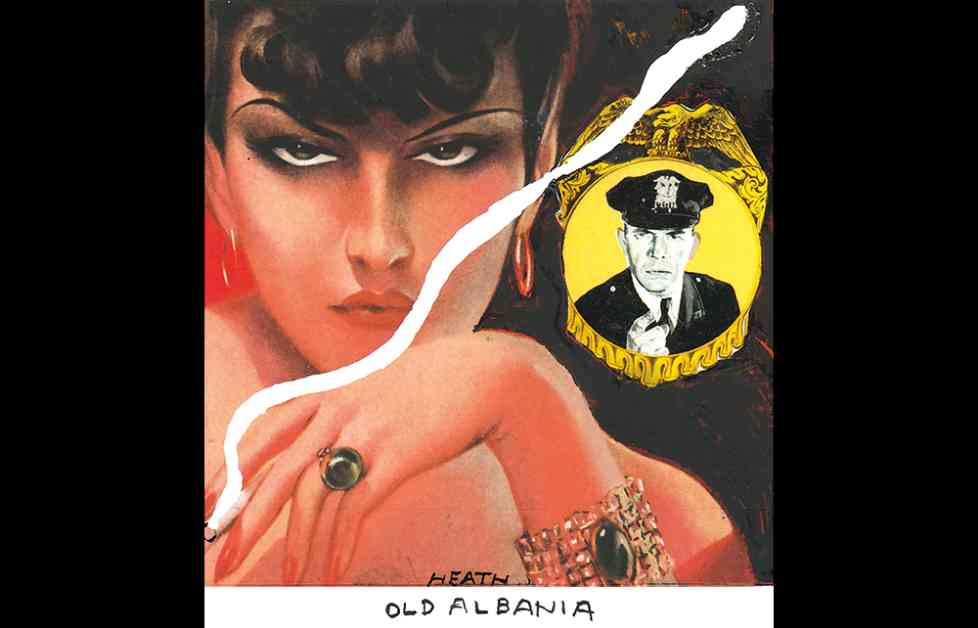Albania, a country with a rich history dating back to the Illyrians, has struggled for recognition beyond Italy’s influence. The nation, established in 1912 after the fall of the Ottoman Empire, has faced challenges and dictatorial rule over the years. From King Zog’s reign to Enver Hoxha’s brutal regime, Albania has experienced turbulent times.
Italian Prime Minister Giorgia Meloni’s recent attempt to send asylum seekers to Albania was met with opposition from the European Court of Justice, highlighting the ongoing dynamics between the two countries. Italy’s historical influence on Albania has been a significant factor in shaping the nation’s trajectory.
As a journalist, I had the opportunity to visit Albania in 1988 during Ramiz Alia’s leadership, following Hoxha’s rule. The experiences shared by fellow travelers and encounters with Albanian customs provided insights into the country’s complex past. Albania’s transition from a communist regime to a growing tourist destination reflects its evolving identity on the global stage.
During a recent hiking trip through the Accursed Mountains, my wife and I explored the rugged landscapes and cultural heritage of Albania. The remnants of ancient traditions, such as the Kanun code and tribal customs, continue to resonate in the country’s remote regions. The juxtaposition of historical relics and modern developments, like Tirana’s bustling nightlife scene, captures Albania’s blend of old and new.
The legacy of Enver Hoxha and his wife Nexhmije, known for their oppressive rule and extravagant lifestyle, remains a contentious topic in Albania. The debate over preserving their former residence as a Museum of Oppression reflects the country’s struggle to come to terms with its past. Despite the dark chapters of Albania’s history, there is a sense of resilience and renewal among its people.
As we savored local delicacies in Tirana, the echoes of Albania’s complex narrative lingered. The cultural nuances, from traditional dishes to societal norms, painted a vivid picture of a nation in transition. Albania’s journey toward self-discovery and international recognition is a testament to its enduring spirit and quest for identity beyond the shadows of its past.

